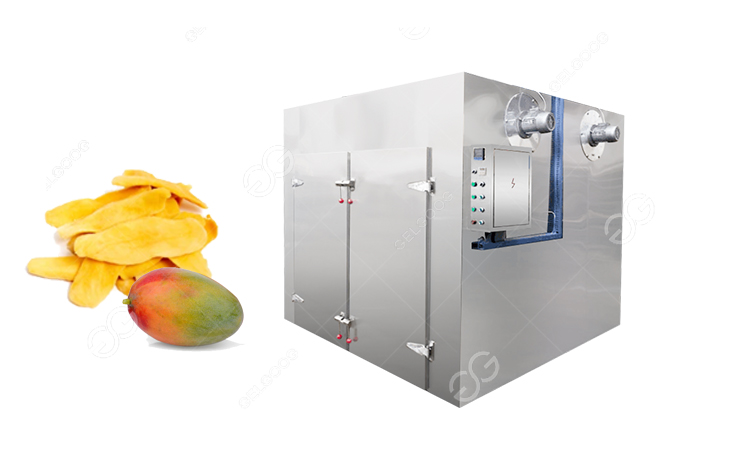In recent years, the demand for dried mango products has been steadily increasing due to their convenience, extended shelf life, and nutritional value. Industrial mango drying machines play a crucial role in the production process, offering efficient and consistent drying solutions for large-scale operations. However, when considering investing in such equipment, understanding the costs involved is essential for informed decision-making. In this article, we delve into the factors influencing the cost of mango drying machines and provide insights into making cost-effective choices.
Factors influencing cost:
Capacity: The capacity of the drying machine, measured in terms of the volume or weight of mangoes it can process per batch or per hour, significantly impacts its cost. Larger capacity machines generally command higher prices due to their ability to handle greater volumes, resulting in increased production efficiency.
Drying technology: Various drying technologies are employed in industrial mango drying machines, including air drying, freeze drying, and vacuum drying, each with its own advantages and cost implications. For example, while freeze drying preserves the mangoes’ flavor and nutritional content effectively, it typically involves higher initial investment and operating costs compared to conventional air drying methods.
Construction materials: The materials used in the construction of the drying machine influence both its upfront cost and long-term durability. Stainless steel, for instance, is preferred for its corrosion resistance and ease of cleaning but may come at a higher price than alternative materials.
Automation and control systems: Advanced automation and control systems enhance the efficiency and reliability of industrial drying processes but can add to the overall cost of the machine. Features such as programmable temperature and humidity control, automatic feeding and discharge systems, and remote monitoring capabilities contribute to higher upfront expenses but may result in cost savings and improved productivity over time.
Energy efficiency: The energy consumption of the drying machine directly impacts operational costs, making energy-efficient models a desirable choice for manufacturers seeking to minimize expenses and reduce their environmental footprint. Investing in a machine equipped with energy-saving features, such as heat recovery systems and optimized airflow designs, can lead to significant long-term savings despite potentially higher initial costs.
Brand reputation and support: Established brands with a proven track record in the industry often command premium prices for their products, reflecting the perceived quality, reliability, and after-sales support they provide. While opting for a reputable manufacturer may entail higher initial investment, it can offer peace of mind and minimize the risk of downtime or unexpected maintenance costs associated with lesser-known brands.
Additional features and customization: Some mango drying machines offer optional features or customization options to meet specific production requirements or regulatory standards. These may include special coatings for hygiene purposes, modular designs for scalability, or compatibility with different types of mango varieties. While such features can enhance the functionality and versatility of the machine, they may come at an additional cost.
The cost of industrial mango drying machines is influenced by various factors, including capacity, drying technology, construction materials, automation, energy efficiency, brand reputation, and additional features. By carefully evaluating these factors in relation to their production needs, budget constraints, and long-term objectives, manufacturers can make informed decisions to select the most cost-effective drying solution for their operations.
